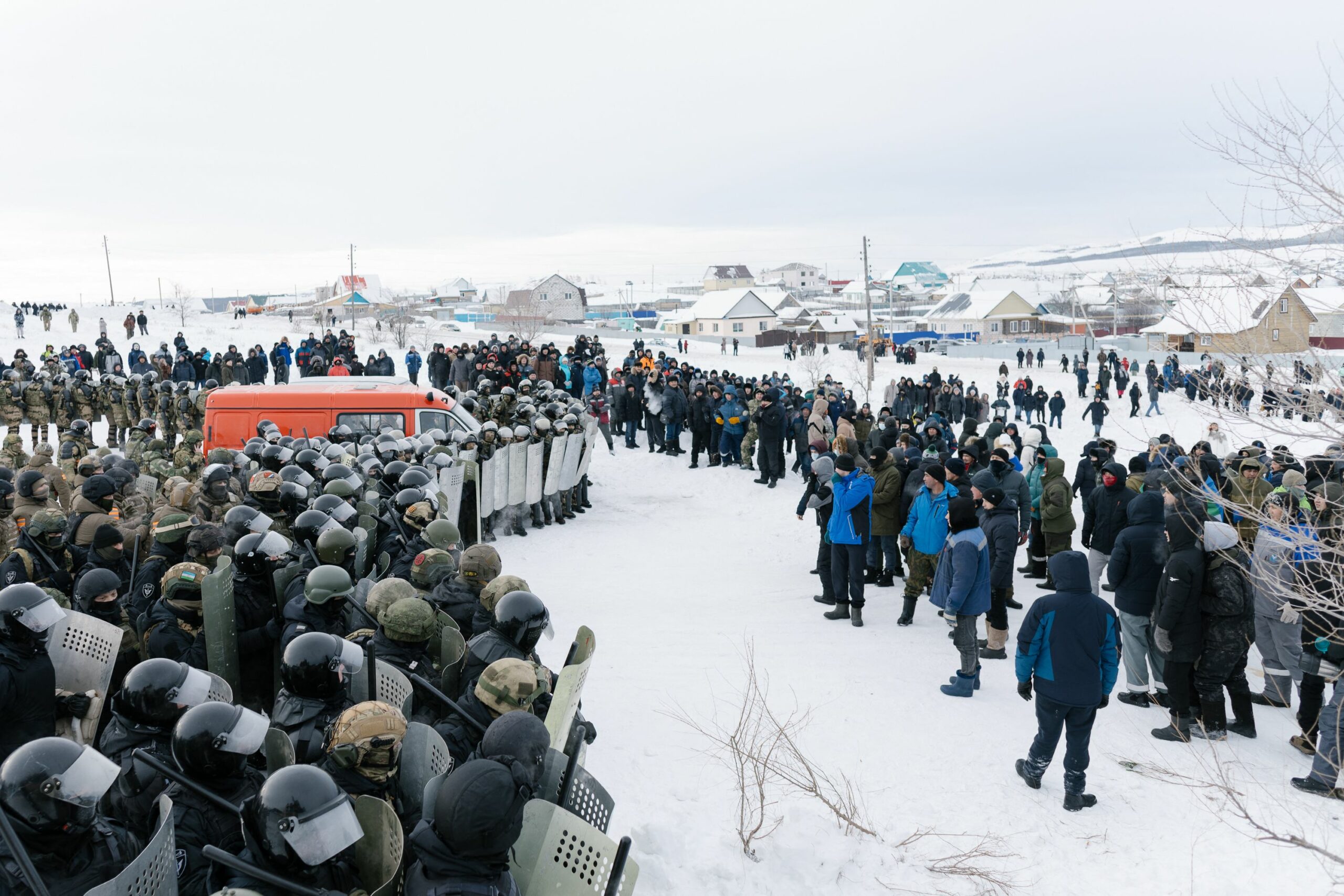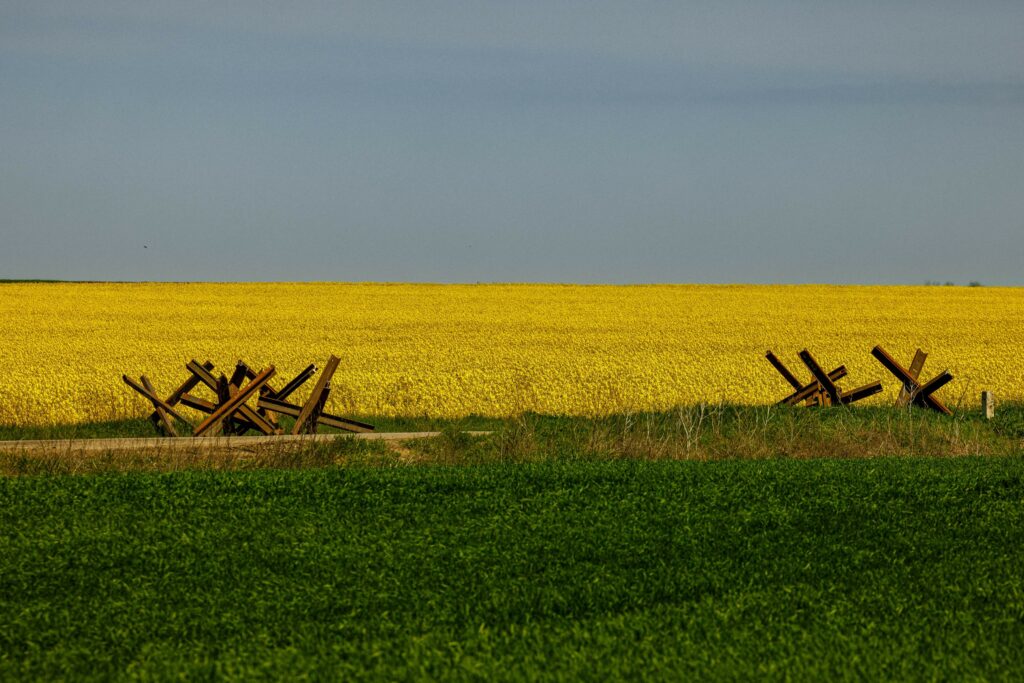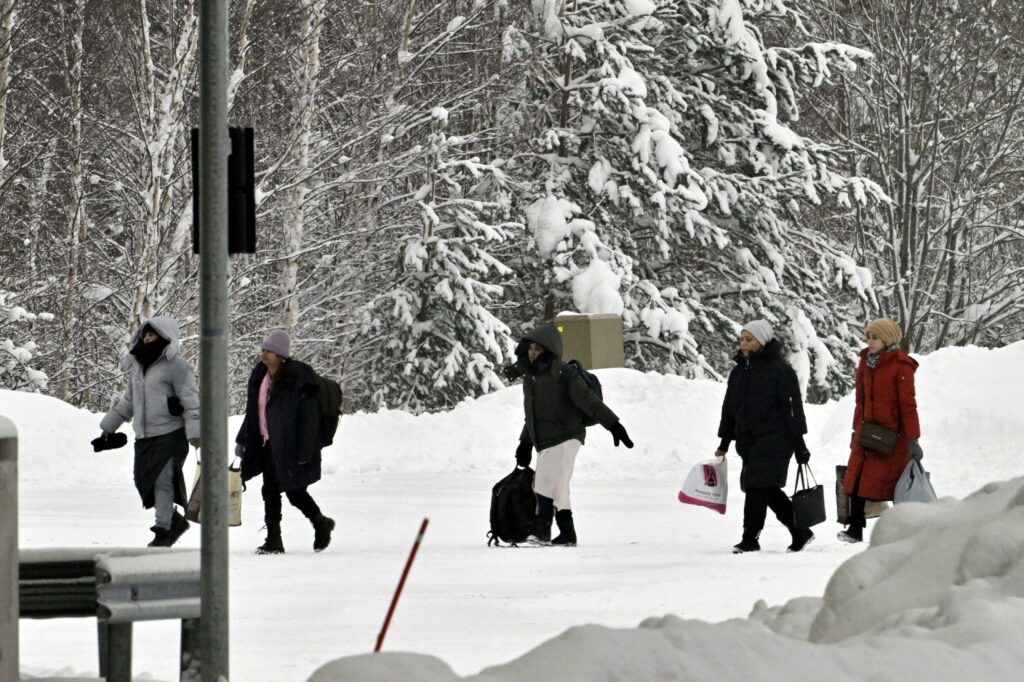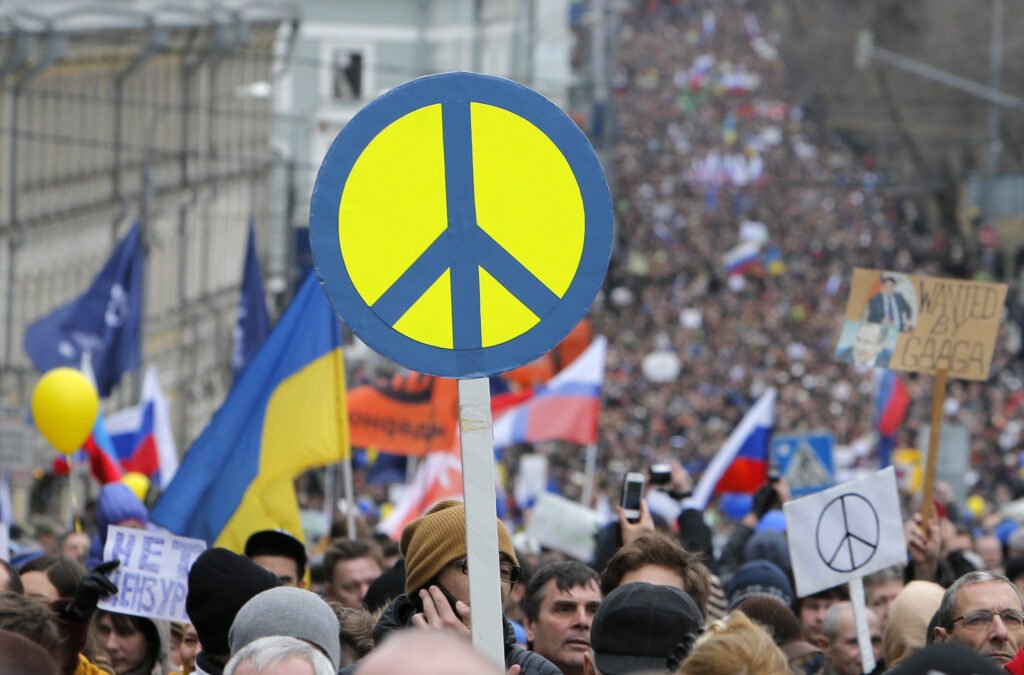Throughout all three years of the full-scale war with Ukraine, there has been a noticeable decline in public activity in the realm of domestic politics. This was particularly evident in the statistics of candidate nominations and party lists in elections at all levels. According to data from the «Golos» movement, the single voting day in 2024 set anti-records for the number of people willing to participate in elections across nearly all levels. For instance, the number of gubernatorial candidates dropped by almost one and a half times compared to 2019, when the five-year terms of most re-elected regional heads began. In elections to regional parliaments via party lists, the previous anti-record of 2018 (an average of 8.7 lists per region) was surpassed by a wide margin—in 2024, this figure fell to 6.3.
The shrinking space for public politics was also reflected in other ways: the election campaigns of political parties were stripped of substance, with all sharp edges—even those unrelated to foreign policy—carefully avoided. The topic of the war itself was almost entirely absent from campaign rhetoric or voter meetings during the elections. It became a massive elephant in a small room that everyone diligently ignored.
The number of rallies also plummeted to a minimum—though this trend began earlier, during the COVID-19 pandemic, when restrictions on street protests were introduced and remain in place to this day. Despite highly repressive legislation and an even more repressive enforcement practice, this regime of «street silence» has cracked on several occasions. People spontaneously took to the streets at the start of the full-scale invasion of Ukraine, and the farewell to Alexei Navalny could also be considered a significant street action. The Bashkir protests in January 2024 stood out as the largest in the country since the war began. In a «country of banned rallies,» the queues of voters wanting to sign in support of Boris Nadezhdin’s presidential candidacy became a kind of legal anti-war demonstration.
Self-Preservation as the Main Motive
For politicians at all levels, self-preservation has been the dominant motive over these three years. This strategy seems logical in an environment where electoral legislation—and not only that—increasingly diverges from constitutional principles. The total restriction of citizens’ basic rights and freedoms, combined with the growing repressive nature of state-citizen relations, has made active participation in regional and local politics a courageous act even for the «systemic opposition.» Such participation carries the risk of political and physical persecution while offering almost no chance of realizing political ambitions. There have been numerous examples of this in recent years: from the persecution of St. Petersburg «Yabloko» member Boris Vishnevsky to the criminal case against Krasnoyarsk LDPR representative Alexander Gliskov.
This is further exacerbated by the de facto abolition of private property rights and the possibility of seizing large enterprises from disfavored owners. A striking example is the nationalization of «Makfa» the country’s largest pasta producer. The holding belonged to former Chelyabinsk Oblast Governor and ex-State Duma deputy Mikhail Yurevich, as well as former Duma deputy Vadim Belousov. After such cases, many politically active businesspeople feel compelled to become as inconspicuous and loyal as possible.
Nevertheless, some regional conflicts tied to elections have still emerged. Among the most notable in the past two years are the elections for the head of Khakassia, where the incumbent regional head, Communist Valentin Konovalov, convincingly defeated a Kremlin-backed candidate in a competitive campaign. Remarkably, Konovalov was supported during the campaign by influential local «United Russia» members, including the speaker of the republican State Council. Another example is last year’s mayoral election in Bratsk, Irkutsk Oblast, where two «United Russia» members competed: one backed by the governor and the regional party branch, the other by a senator from the region and local elites.
In recent months, there have been signs that the number and severity of regional conflicts capable of influencing elections are increasing. This applies not only to the regional and local elections of 2025 but also to the far more significant State Duma campaign in 2026.
Rising Conflict Levels
Perhaps the most talked-about conflict currently is between the new Vologda Oblast Governor Georgy Filimonov and one of Russia’s richest individuals, Alexei Mordashov, the owner of Severstal. For Severstal, Vologda Oblast is its «home» region, where the company has long acted as a dominant player: the region’s leadership (including the governor) and a significant portion of the deputy corps were tied to it. The company effectively controls one of the two State Duma districts, represented by Alexei Kanaev. In February 2025, Kanaev was expelled from «United Russia» for repeated public clashes with the governor. Over the past few months, all of Severstal’s appointees have been removed from the administrations of the region and the city of Cherepovets, as well as from the Cherepovets City Duma. However, the governor has also suffered losses. In late February, two officials close to Filimonov were arrested: Vice-Governor Denis Alexeev and the head of the region’s Moscow office, Kirill Bocharov. A month earlier, a scathing article criticizing the governor’s management style appeared in the federal newspaper Komsomolskaya Pravda. How the situation will unfold remains unclear, but a conflict with the region’s largest taxpayer, which traditionally claims one of the two single-mandate districts, is unlikely to pass without consequences.
Conflicts within «United Russia» are becoming a hallmark of the times. Increasingly, the party’s problems in the regions stem not from external forces but from within. We’ve already mentioned the situation in Irkutsk Oblast, which may escalate during this year’s gubernatorial election. The standoff between incumbent Governor Igor Kobzev, seen as an outsider, and parts of the local elite is complicated by strong discontent among residents and businesses over rising electricity tariffs. Additionally, the region has traditionally been a stronghold for the Communist Party (KPRF): in 2015, Communist Sergei Levchenko won the gubernatorial election in a competitive race, only to resign under pressure from law enforcement, who imprisoned his son on criminal charges.
A sharp conflict within «United Russia» is currently unfolding in Novosibirsk Oblast. A group of supporters of major developer and «United Russia» State Duma deputy Dmitry Savelyev, who recently switched to the LDPR, has entered open confrontation with the «old» United Russia members. This group aims to secure 21 seats and take control of the city council, pushing out United Russia members from their traditional districts. The Secretary of United Russia’s General Council, Vladimir Yakushev, has already called the elections in Novosibirsk Oblast the most challenging for the party (at least beyond the Urals). Less than three weeks after Yakushev’s visit to Novosibirsk, Savelyev lost his seat on the prestigious State Duma Committee on Security and Anti-Corruption.
Sverdlovsk Oblast could also prove difficult for the authorities this year, despite no major elections being scheduled for 2025. However, on March 26, Governor Evgeny Kuyvashev unexpectedly resigned. The region has long been rife with conflicts and remains in the spotlight. Among recent notable events is the saga surrounding the appointment of the head of Berezovsky: the «technical» candidate who won the deputies’ vote filed a lawsuit to declare her election illegal, while the deputies refuse to approve the acting mayor appointed by the ex-governor. Another example is the recent self-dissolution of the Revda City Duma, where deputies protested the transformation of the urban district into a municipal one.
Another potential «hotspot» on the country’s political map is Astrakhan. Local entrepreneurs, outraged by a fourfold increase in property taxes, have announced the creation of an opposition coalition for the city duma elections scheduled for the fall.
Tensions between elites have also escalated in Oryol Oblast, where the local Just Russia leader and entrepreneur Anatoly Rybakov is waging an active public campaign against a coalition of «United Russia» and the KPRF (the region is led by Kremlin-approved Communist Andrei Klychkov). His critical posts about local and regional authorities regularly appear in the media and on Telegram channels. City council elections are set for the fall in the region.
A Chance for Politics to Awaken Ahead of the State Duma Elections
It’s clear that as the State Duma elections approach, the number and intensity of regional and local conflicts will grow. This is especially true given that several regions are seeing a reduction in single-mandate districts, some of which were held by strong opposition figures from various parliamentary parties. For example, due to redistricting, KPRF deputy Maria Prusakova from Altai Krai, LDPR’s Alexei Didenko from Tomsk, and Just Russia’s Yuri Grigoryev from Zabaykalsky Krai may lose their districts. The State Duma campaign always stimulates a revival of political life.
However, there are also restraining factors, the most significant of which are the ongoing war and political repression. In this context, the outcomes of negotiations mediated by the United States will play a major role in revitalizing domestic politics and public discourse. A shift to a more peaceful public agenda could unfreeze discussions on issues where the opposition has traditionally gained traction: the economy, social welfare, housing and utilities, tariffs, prices, and the environment. The end of the war as a phenomenon that excuses all problems, the return of hundreds of thousands of soldiers to an economy unable to provide them with their accustomed income levels, and other consequences of a cessation of hostilities could significantly expand opportunities for the opposition and society as a whole.









